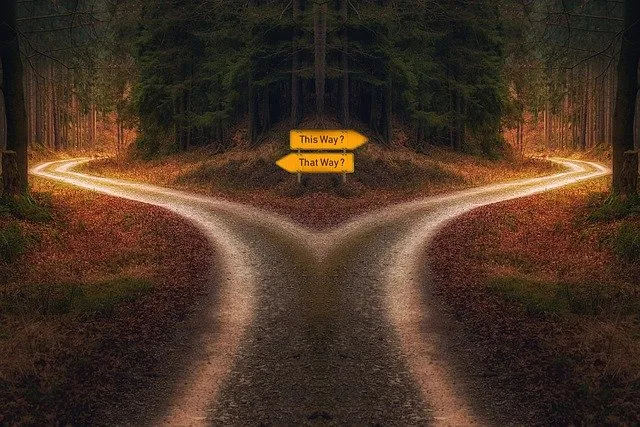
Susan Carpenter : I didn't want things to get violent.
Henry Carpenter : Violence isn't the worst thing in the world.
Susan Carpenter : What is then?
Henry Carpenter : Apathy.
Source The Book of Henry (2017)
Each day that we awake and step out into the world as human beings, we get to choose how we respond to its often anomalous visage. We get to choose our voice and to decide how that voice and our actions shape the world in which we live, and we in turn are then shaped by the impacts we make and the consequences of those choices. We exist as the causal link to change and evolution.
Humanity has evolved to possess qualities distinct from most other living beings on the planet. We have the capacity to reason and act consciously with wisdom. We aspire to progress. As a species, we are emotional and social beings, seeking connection with others, and our happiness often hinges on those little interactions that take place within the microcosm of our social circles.
Within this social sphere, we have a proclivity for harmony and fortunately possess the moral fibre and character to choose between right and wrong. But, if we are no longer bound by the shackles of animal instinct, why do we find ourselves, so often, succumbing to external pressures, and in the face of dilemma, choosing the path of least resistance, even when that path is littered with the empty wrappers of injustice, and the other, the one not taken, lined with virtue? If we don't make good choices, who picks up the trash afterward? Or does it simply line the gutters, a constant reminder of the knowledge that we have been complicit in its creation?
Within our need to belong to society, within our overarching desire for inclusion, to be liked and accepted, lies our biggest frailty. It is so overbearing that it courses a river through the undulating landscape of human nature, becoming a mire to our conscience. And so our fear of rejection, and ridicule from our peers, operates as a great silencer to our true voice, and apathy emerges as the frailty that underpins some of the most important moral decisions that we may take in our relatively short existence on Earth.
In our lives, we may witness examples of inequitable treatment with respect to physical and mental abuse, control and bullying, sexual orientation, ageism, racial prejudice, gender discrimination, religious bias among others. These incidents will prompt us to make a conscious choice on how we respond. In all accounts, our judgment as rational beings is called into play and we are urged to action.
Once in a while we come across an individual or an entity whom we believe is not living by the same standard to which we hold all of humanity, but we are weakened by conflicting emotions. Nobody wants to be scrutinised. Nobody wants to be the one who potentially got things wrong, whose challenge crossed the threshold of no return. Nobody wants to risk expulsion from the tribe. So when faced with conflict and the option to act or remain silent and impassive, we make excuses for the behaviour. We downplay the significance of what we have seen. We even question whether we saw it in the first place. We choose not to upset the apple cart.
Instead, we sit on the sidelines, silent bystanders in a world that remains blissfully unaware of the true state of entropy that envelops it. We suppress emotion. We allow apathy, the greatest frailty of the human spirit, to creep into our lives, to penetrate and to override our conscience, content in the knowledge that we didn't cause the affliction in the first place, and convincing ourselves that we may, in essence, have reached the incorrect conclusions on the available facts. That, in the absence of "the full picture", we have no right to pass moral judgment.
We would be wrong.
When the storms of life confront us, and they will, we can choose to look away and take cover, ride it out, and wait for it to blow over, allowing it to wreak its havoc unabated; leaving it to those stranded within its epicentre to weather it alone. Or we can reflect, be reminded of who we are intrinsically, and make the right choice when called upon to do so. We can choose to stand up and be counted. We can choose to walk in between the raindrops rescuing the fallen, supporting the casualties, confronting entropy, and taking action. We can use our voices to bring about stasis, steering everything eventually back into a state of equilibrium.
None of us know the exact consequences that will arise from each and every choice that we make in life. Whether we should have said yes or no, stood up or stood down, all we have is our conscience to guide us.
If we want life's denouement to be a celebration of all that is good in humanity, then each and every one of us needs to stop being afraid to do the right thing. We all have the ability to be the small pebble in a big pond. If we choose to transcend the frailties of the mind and have the courage of our own convictions to voice our dissent when needed, to challenge and countenance transgressions of the moral code, then we can be the small splash that ripples change across the pond of society.
Ultimately, how the dominos fall, is up to us.
Photo credit: PixxlTeufel on Pixabay
Image by PixxlTeufel from Pixabay
